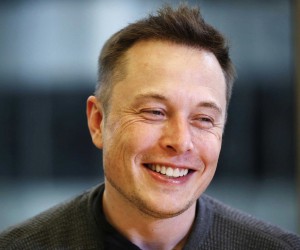The world seems to be Elon Musk’s oyster and he keeps finding pearls. The latest gem comes as the Tesla founder confirms that the company is in talks with the Indian government to sell and build vehicles in the country.
As is so often the case with Musk, he broke the news on Twitter, following another of dozens of requests from Indian tweeters asking him to bring his ever-expanding line-up of electric vehicles to the sub-continent.
“In discussions with the government of India requesting temporary relief on import penalties/restrictions until a local factory is built,” he tweeted recently.
The plan had been for Tesla to begin selling vehicles in India this year, but clearly based on his missive, that got derailed by a bigger issue. According to earlier tweets, Musk believed that in order to sell vehicles in the country, at least 30% of the components would need to be locally sourced.
(Tesla’s Musk wants to use solar energy to power up Supercharger charging stations. Click Here for the story.)
Musk was later corrected by a trade group, which said there were no such restrictions on manufacturers, only on retailers that do not manufacture products in India. Of course, Tesla needs to import vehicles for some time before it can construct a plant to allow for the manufacture of vehicles there.
In the meantime, the CEO country’s largest EV producer, Anand Mahindra, tweaked Musk a bit about his delayed entry into the market.
(Musk tells shareholders Tesla will need 10 or 20 assembly plants. For the story, Click Here.)
“Time you got out here Elon. You don’t want to leave that whole market to Mahindra do you?? The more the merrier–and greener..!,” Mahindra tweeted.
Musk took it in stride responding with “Good point. :)”
While a large population with a burgeoning desire to buy vehicles, and electric vehicles at that is very appealing for a company like Tesla, India is not without its issues. The infrastructure needed for a national charging network is nearly nonexistent.
(To see more about Tesla’s new Roadster doing 0-to-60 mph in less than two seconds, Click Here.)
However, considering the government’s stated goal of being 100% electric for new vehicles by 2030, the timing may be perfect as there may be incentives to be had for being one of the first companies in to produce just such a vehicle.

